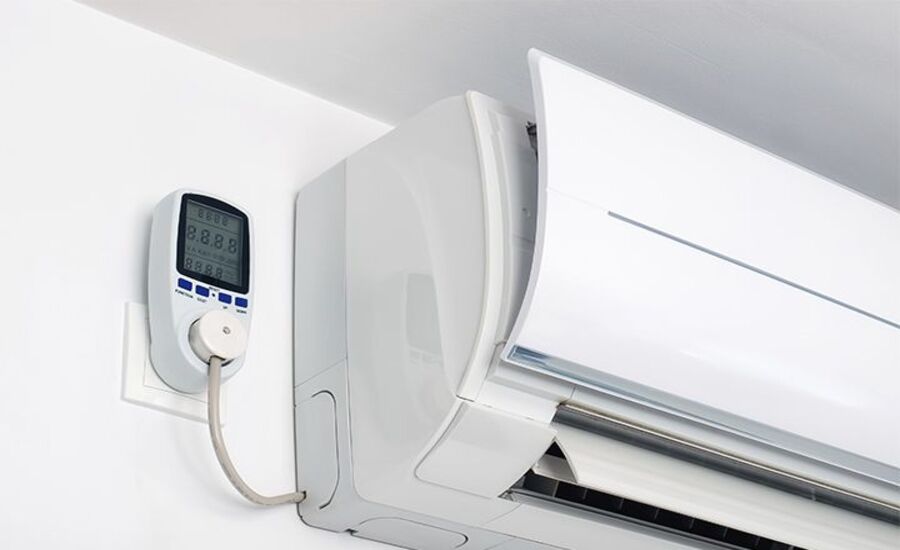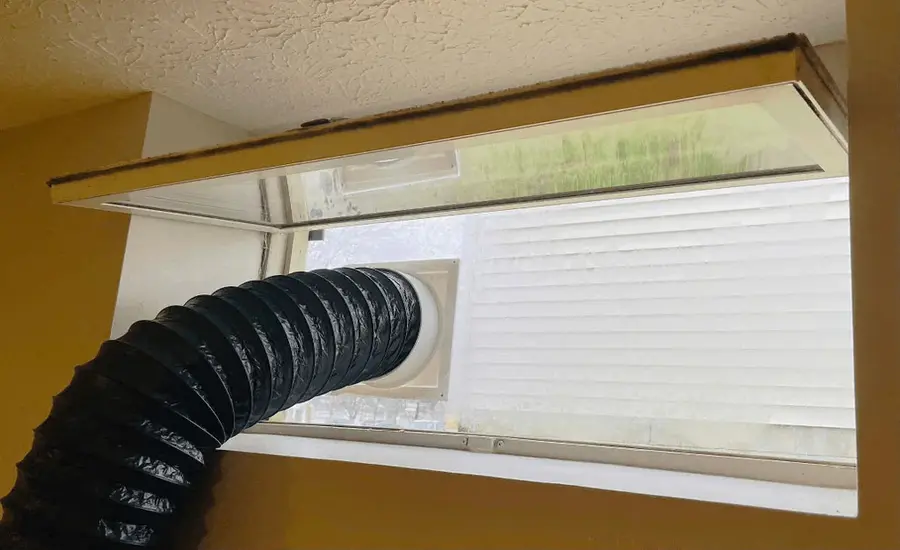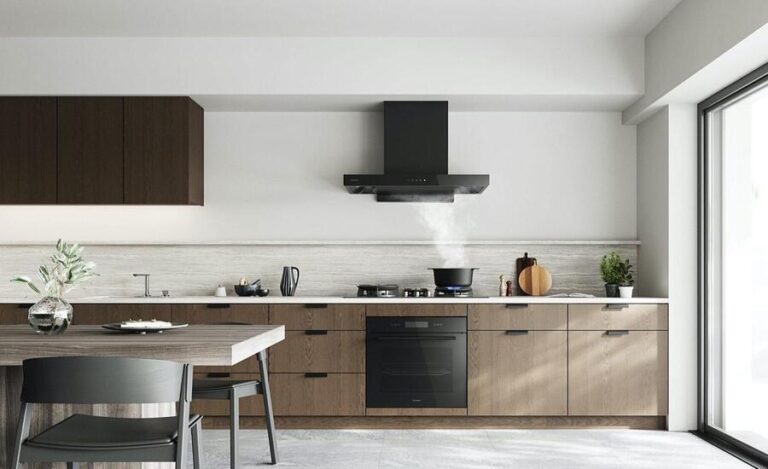How to Use an AC Unit in a Basement: A Comprehensive Guide
Introduction
Basements often pose unique challenges when it comes to maintaining a comfortable temperature. Due to their location below ground level, they tend to be cooler in the winter and warmer in the summer. Installing an air conditioning (AC) unit in a basement can be an effective solution to manage these temperature fluctuations. However, the process involves several considerations to ensure efficiency and effectiveness. This guide will provide you with a detailed approach to using an AC unit in your basement, from selection and installation to maintenance and troubleshooting.
Understanding Basement Cooling Needs
Before installing an AC unit in your basement, it’s crucial to understand the specific cooling needs of this space. Basements typically have different cooling requirements compared to other areas of the house due to their unique environmental conditions.
Temperature and Humidity Control: Basements are often cooler than the rest of the house, but they can also become uncomfortably warm during hot summer months. Additionally, basements can be prone to high humidity, which can make the space feel warmer and more uncomfortable. An AC unit not only helps regulate temperature but also reduces humidity levels, making the environment more pleasant.
Size and Layout Considerations: The size of the basement and its layout play a significant role in determining the type and capacity of the AC unit needed. Larger basements or those with complex layouts may require a more powerful unit or even multiple units to ensure even cooling.
Choosing the Right AC Unit for Your Basement
Selecting the right AC unit for your basement involves evaluating various factors, including the size of the space, insulation quality, and cooling capacity required.
1. Window Units: Window air conditioners are a popular choice for basements due to their affordability and ease of installation. They are suitable for smaller basements or rooms where you want targeted cooling. However, window units can block natural light and may not be ideal for larger spaces.
2. Portable Units: Portable air conditioners offer flexibility and can be moved from room to room. They are a good option if you need temporary cooling solutions or want to cool specific areas of the basement. Keep in mind that portable units require ventilation through a window or wall, and they may be less efficient than other types of AC units.
3. Ductless Mini-Split Systems: Ductless mini-split systems are an excellent choice for larger basements or those with complex layouts. They consist of an outdoor compressor unit and one or more indoor air handlers. These systems are highly efficient and offer precise temperature control. Installation is more involved compared to window or portable units, but the benefits can outweigh the initial cost.
4. Central Air Conditioning Systems: If your home already has a central air conditioning system, extending the ductwork to the basement can provide uniform cooling throughout the house. This option is best suited for basements that are frequently used and require consistent temperature control. However, installing or modifying ductwork can be expensive and may require professional assistance.
Installation Tips for AC Units in Basements
Proper installation is essential for the optimal performance of your AC unit. Here are some key considerations and tips for installing an AC unit in your basement:
1. Assess the Location: Choose a location for your AC unit that allows for proper airflow and easy access. For window units, ensure that the window is sturdy and provides a good seal. For portable units, select a spot near a window or wall for ventilation. Ductless mini-split systems require a clear area for the indoor and outdoor units, while central systems need access to the existing ductwork.
2. Insulate the Basement: Good insulation helps maintain the desired temperature and improves the efficiency of your AC unit. Check for gaps and seal any leaks around windows, doors, and other openings. Insulating walls and floors can also enhance cooling efficiency and reduce energy costs.
3. Ensure Proper Drainage: AC units generate condensation, which needs to be properly drained to prevent water damage. For window and portable units, ensure that the drainage system is set up correctly. Ductless mini-split systems and central air systems typically have built-in drainage systems, but it’s important to check them regularly to avoid clogs and leaks.
4. Install a Programmable Thermostat: A programmable thermostat allows you to set specific temperature schedules, which can help save energy and maintain a comfortable environment. For ductless and central systems, consider upgrading to a smart thermostat that can be controlled remotely via smartphone or tablet.

Operating Your AC Unit Efficiently
Once your AC unit is installed, proper operation and maintenance are crucial for efficiency and longevity. Follow these tips to ensure your unit operates effectively:
1. Set the Optimal Temperature: For comfort and energy savings, set your AC unit to a temperature between 72°F and 78°F. Avoid setting the temperature too low, as it can lead to increased energy consumption and higher utility bills.
2. Use Fans Wisely: Ceiling fans and portable fans can help distribute cool air more evenly throughout the basement. Use fans in conjunction with your AC unit to enhance cooling efficiency and reduce the workload on the AC unit.
3. Keep Air Filters Clean: Regularly clean or replace the air filters in your AC unit to ensure optimal airflow and air quality. Clogged filters can reduce cooling efficiency and increase energy consumption.
4. Seal and Insulate Ductwork: If you have a central air conditioning system, check the ductwork for leaks and ensure that it is properly insulated. Leaky or poorly insulated ducts can lead to significant energy losses and reduced cooling performance.
Troubleshooting Common Issues
Even with proper installation and maintenance, you may encounter issues with your AC unit. Here are some common problems and their solutions:
1. Inadequate Cooling: If your AC unit is not cooling the basement effectively, check for issues such as clogged filters, blocked vents, or insufficient insulation. Ensure that the unit is properly sized for the space and that there are no leaks in the ductwork (for central systems).
2. Excessive Noise: Unusual noises from the AC unit can indicate mechanical problems or loose components. Inspect the unit for any loose parts or obstructions and consult a professional if the noise persists.
3. Water Leakage: Water leakage can occur due to a blocked drainage system or a malfunctioning pump. Check the drainage system for clogs and ensure that the pump is functioning correctly.
4. High Energy Bills: If you notice a significant increase in your energy bills, the AC unit may be working harder than necessary. Check for issues such as poor insulation, inefficient operation, or a need for maintenance.
Maintenance and Professional Services
Regular maintenance is key to keeping your AC unit running smoothly. Schedule routine inspections and servicing with a qualified HVAC technician to address any potential issues before they become major problems. Professional services can include:
- Annual Inspections: An HVAC technician can perform a thorough inspection of your AC unit, including checking refrigerant levels, inspecting electrical components, and cleaning coils.
- System Repairs: If you encounter issues that you cannot resolve yourself, a professional technician can diagnose and repair problems with your AC unit, ensuring optimal performance.
- Upgrades and Replacements: If your AC unit is outdated or inefficient, consider upgrading to a newer model with improved energy efficiency and advanced features.
Conclusion
Using an AC unit in a basement can greatly enhance comfort and manage temperature fluctuations effectively. By understanding your basement’s cooling needs, choosing the right AC unit, and following proper installation and maintenance practices, you can ensure that your basement remains a pleasant and usable space throughout the year. Whether you opt for a window unit, portable unit, ductless mini-split system, or central air conditioning, the key is to address the unique challenges of basement cooling and maintain your system for long-term efficiency.
By following the guidelines outlined in this article, you can make informed decisions and enjoy a cool, comfortable basement environment.





